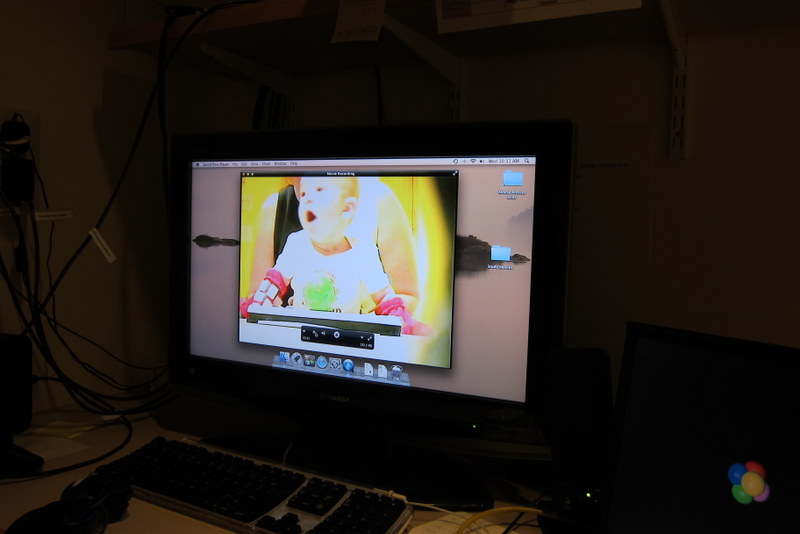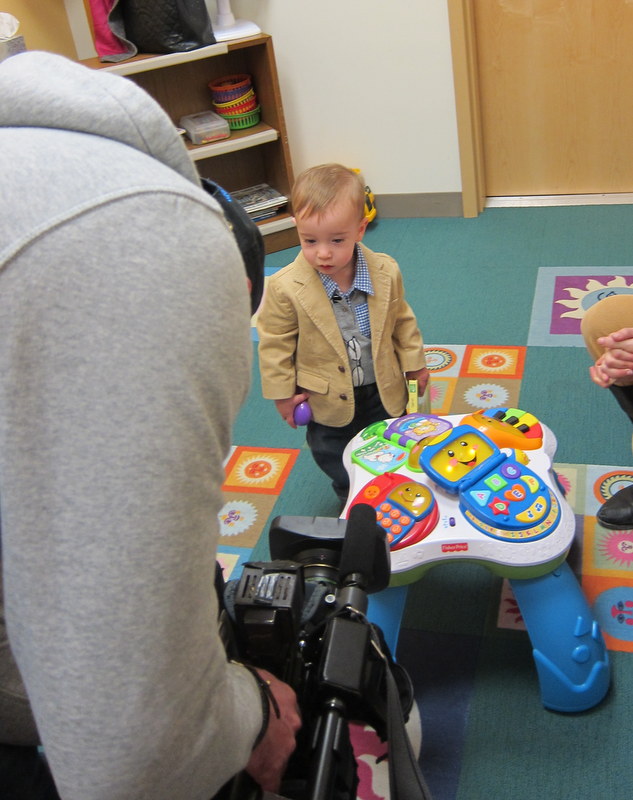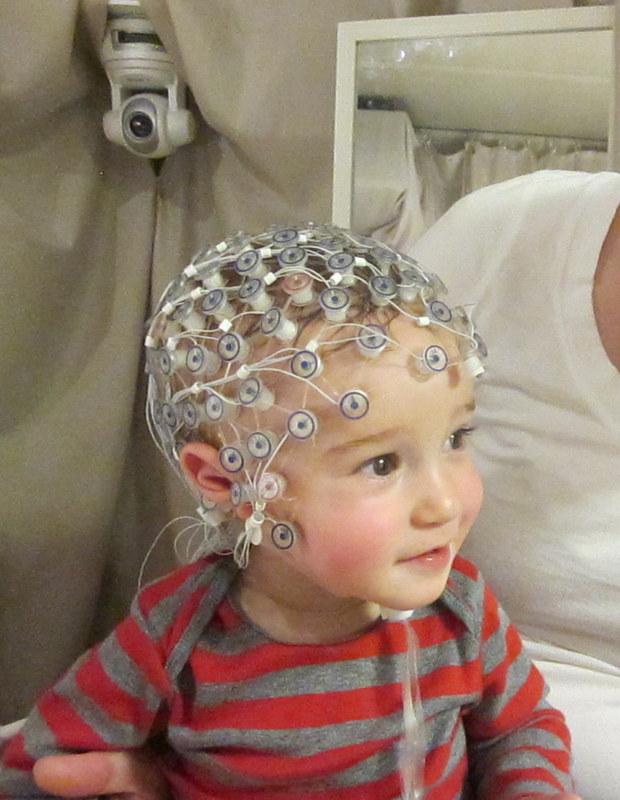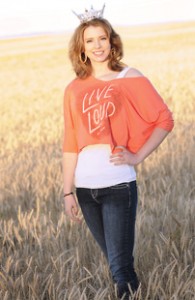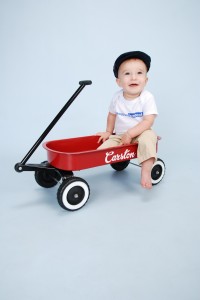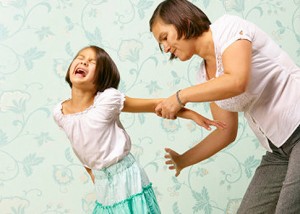It's been a busy week; and I suspect it will continue to get busier as I prepare for the release of Playing to Win-- or at least I hope so! Before detailing those though, some thoughts on making all this work as a mom: On the day I did the two TV appearances described below, which bookend-ed my work day, I thought I had *finally* figured out how to be a mom, work, be a friend, etc. I did NECN early, dropped off breakfast for a close friend with a new baby where we talked about the "usual" postpartum issues, ran to exercise, and raced home to put Carston down for his nap since I didn't get to do our usual morning routine earlier. During the day I managed to get our garage door repaired and give Carston some extra Mommy kisses while preparing for Greater Boston. After the WGBH appearance I again raced home, and Carston and I headed off to dinner with a friend at the local mall. As I drove there I remember thinking to myself, "What a day! After 15 months this is really clicking!" My husband was out of town for work and I felt like this was proof I could make all this work. Famous last words, right?! Well, Carston and his friend (who is almost 3) had a great time at P.F.Chang's. They were so cute together mimicking one another-- one would laugh, and vice versa, one would babble something and so would the other. The "problem" with this is that Carston is very into screeching. Can't figure out why this is, or whether or not this means he will be an opera singer, but no matter what we have tried to do, he still screeches like a little screech owl. Of course then, his friend screeched back. While most of the people around us were very understanding, one man in particular, sitting behind me, kept telling me how wrong I was to bring my son out and that this wasn't Chuck E. Cheese. I chose not to engage with him, but I did feel his comments were way out of line given that P.F. Chang's has a children's menu and the Natick Mall is one of the most baby/family-friendly places I have ever seen. I could have let this man put a damper on my day, and he did a bit (so much so that I am writing this), but other people around us were so nice, and as my friend pointed out there are SO many more good people in the world than bad. I ended the day by eating my carryout P.F. Chang's Lo Mein (couldn't eat while dealing with this man and my little screech owl), watching my WGBH appearance, and waking up around 1 am when John got home. All in all though, I still hope we are *finally* figuring all this out, despite people telling me where I should or shouldn't take my Little Man...
Two pieces I wrote related to competition appeared this week. The first is "Competitions Within Competitions: America's insatiable hunger," which is part of my ongoing blog at Psychology Today about children, competition, and popular culture. The piece specifically talks about the rise of even more competition in reality TV shows, where celebrities have teams that compete for the glory of the win on behalf of the team leader as well.
The other piece is about a young man who took competition too far, punching youth soccer coach Ricardo Portillo in the head during a game in Utah. Portillo died from his injuries a week later-- a sad incident that should prompt legal changes to protect sports officials and reflection about what increasing competition is doing to youth. This article, "Youth Soccer Shouldn't Be A Blood Sport" is on WBUR's Cognoscenti blog, a site where I have long desired to see my words appear (and that I got the YES on my birthday was a nice treat).
I've also done both TV and radio recently, talking about competition. In a radio appearance on The Larry Fedoruk Show on NewsTalk 610 out of Canada, I spoke about links between bullying and competition. You can hear that by clicking HERE.
Speaking again and bullying, and links to violence and social media, I appeared on WGBH's Greater Boston with Emily Rooney for a very interesting discussion about boys, terrorism, and violence. It was triggered by the arrest of an 18-year-old high school student, Cameron D'Ambrosio, in the Boston area for making terrorist threats on Facebook, but the discussion went much deeper into youth culture today.
Finally, another discussion about youth culture and competition took place at NECN's The Morning Show about how college graduates can navigate the increasingly competitive labor market after graduation.
This time of year is filed with competitive experiences- both victories and fall-out from losses- and I look forward to thinking, writing, and discussing more about these topics. Thanks for reading and listening/watching!
